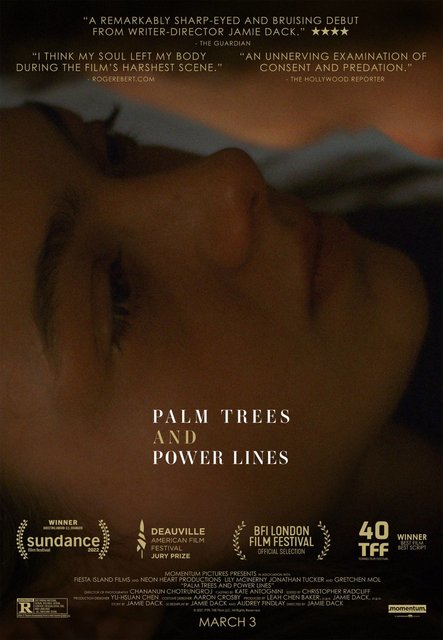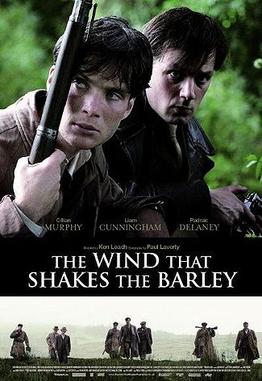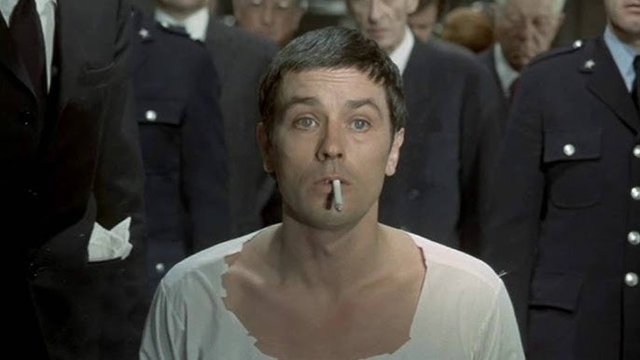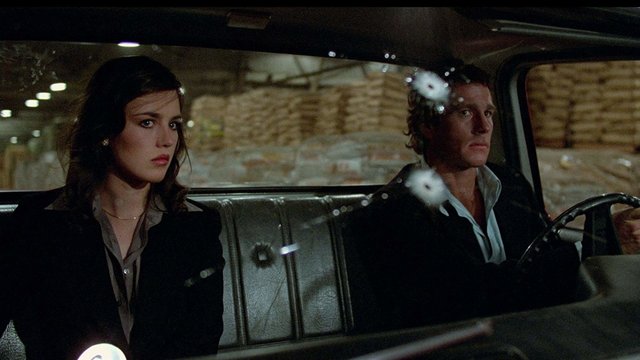
GODLAND (2022)
Directed by : Hlynur Pálmason
It's funny to think now, that there was once a time you could travel so far away as to be beyond reach of family, friends and the society you grew up in. Not only that, but for the the Danish, who laid claim to the vast Icelandic landmass far to their north-west, you could set yourself up on an icy shore far from any other human being, or land-mammal - bar the few you bring with you. For priest Lucas (Elliott Crosset Hove), it doesn't only feel far from the reach of Danish society, but perhaps God himself. He's warned by those higher-ups tasking him with setting up a new church there that the challenges will be immense, and although that sounds like it might be hyperbole when spoken aloud, the experience proves that the effort needed was actually understated. The journey alone will nearly kill Lucas, and will kill at least one of those he travels with. This experience shakes the priest's foundational faith in just about everything, and makes it hard for him to step outside of himself and communicate with his Danish/Icelandic compatriots at the village he arrives at - something patriarch Carl (Jacob Lohmann) interprets as weakness. The one passion Lucas has outside of his faith is his 19th Century camera, but as romance blossoms between him and Carl's daughter Anna (Vic Carmen Sonne) and as he rages against the man who frustrates him the most, Ragnar (Ingvar Eggert Sigurðsson) this priest's lack of focus and the picture-perfect idealism he's lost in this harsh land sees his world spinning out of control, and his morals slipping through his fingers.
Surprisingly, this is one I regret not seeing on the big screen. Cinematographer Maria von Hausswolff won various awards for her work, including the prestigious Bodil - it's shown (and this has become something of a trend) in 4:3 aspect ratio, with the corners of the screen rounded off as if we're looking at old photographs. This is obviously connected to the whole set-up which frames our journey - the story about a cache of wet plate photographs in Iceland taken by a Danish priest in the 19th Century. We see the photographs Lucas takes as the film progresses, and they help emphasise this or that during crucial stages of the emotional peaks in the narrative. It's the Icelandic geography and landscape that sets the scene though - and I swear I've never seen a land with so much beautiful variation and powerful displays of glorious magic and majesty. The great contrast is of course the fact that travelling through this glory of God is completely destroying a priest, who at times can do nothing but curse "Satan" as if the beauty is simple deception, and hides fangs. A great part of the film hinges on what this duality does to Lucas, and how hard this man of God finds the process of adaptation - chafing against language differences and local customs. It's as if this mission has come too late for him, as he's already set in his ways.
It's easy to find God glorious when you're comfortable and happy, and I guess it's easy to see a lion as beautiful when it's not chasing you, or when you're not in it's jaws. What occurs henceforth on this priest's journey is for those who travel with him by watching this movie - one which I thought was really excellent for both those who love visual beauty and those who love drama and deep meaning. It gets quite wrenching once it builds to it's final act and series of climaxes, and is overall one I'd definitely be in the mood for seeing again one day. I tried watching it as a way to distract myself a little from a family tragedy, and while I simply brought that tragedy with me and never forgot it for one second, I still found some solace in the film's beauty - and at times could connect so much more keenly with the pain embroidered into it, because of the way I was feeling personally. I've always liked films from this corner of the world, and remember a time when I looked at quite a few Icelandic films - surprised that such a sparsely populated place could produce an assortment of talented filmmakers. I've seen Hlynur Pálmason's A White, White Day before, and that was quite good as well. Godland doesn't totally rely on it's stunning photography - it has a lot more going for it - but that is one aspect that really sets it apart. I found it ironic that a place of such beauty should have so few witnesses to it's splendour and magnificence, but I guess that's one of the reasons it's kept that beauty intact up until now. God made that place for those who can appreciate what it takes to survive it.
Glad to catch this one - it came so very close to be nominated for a Best International Feature Oscar - made the last 15. Premiered at Cannes, and it also won the Gold Hugo for Best Feature Film at the Chicago Film Festival.

Watchlist Count : 436 (-14)
Next : Palm Trees and Power Lines (2022)
Next : Palm Trees and Power Lines (2022)
Thank you very much to whomever inspired me to watch Godland
__________________
Remember - everything has an ending except hope, and sausages - they have two.
Latest Review : Past Lives (2023)

























